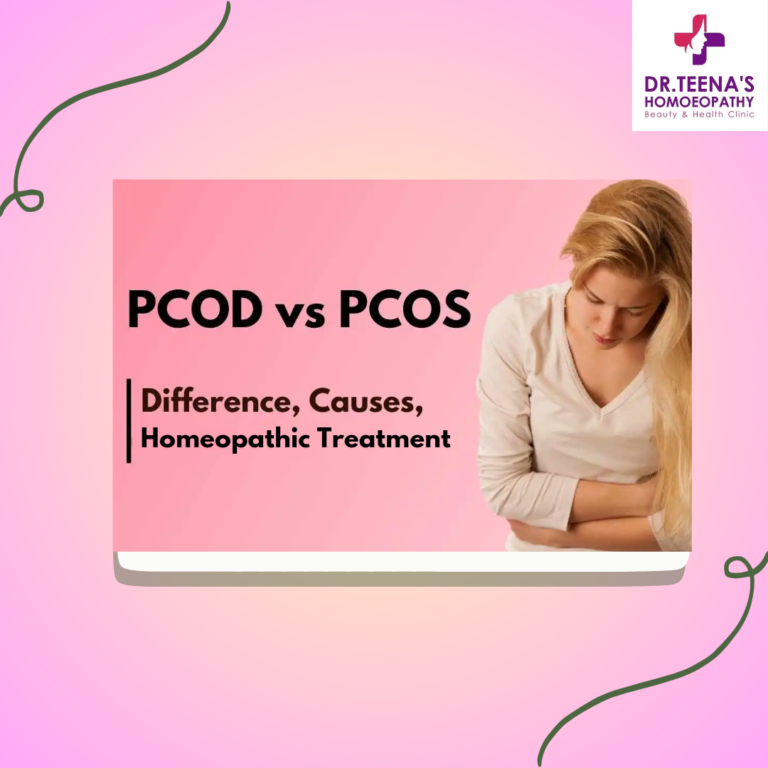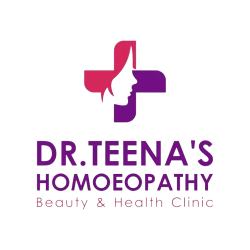PCOD/PCOS
PCOD (Polycystic Ovary Disease) and PCOS (Polycystic Ovary Syndrome) are conditions that affect the ovaries in women. These two terms are often used interchangeably, but they are not exactly the same thing.
PCOD is a condition in which multiple small cysts develop in the ovaries, which can lead to hormonal imbalances and irregular periods. Women with PCOD may also experience weight gain, acne, and excessive hair growth.
PCOS, on the other hand, is a more complex condition that involves the development of small cysts in the ovaries, along with hormonal imbalances that can lead to irregular periods and other symptoms. Women with PCOS may also experience weight gain, acne, excessive hair growth, infertility, and insulin resistance.

Cause:-
The exact cause of PCOD or PCOS is not known, but it is believed to be linked to hormonal imbalances and genetic factors. Some of the factors that may contribute to the development of PCOD or PCOS include:


Health Tips & Info
Medicate is a long established fact that a reader will be distracted by the readable content of a page when looking at its layout.Lorem Ipsum is simply dummy text of the printing and typesetting industry.
Where Can I Go To Provide A Sample For Testing?
Lorem ipsum dolor sit amet, consectetur adipiscing elit. Ut elit tellus, luctus nec ullamcorper mattis, pulvinar dapibus leo.
What happens to my sample once I have provided it?
Lorem ipsum dolor sit amet, consectetur adipiscing elit. Ut elit tellus, luctus nec ullamcorper mattis, pulvinar dapibus leo.
What will laboratory testing cost me?
Lorem ipsum dolor sit amet, consectetur adipiscing elit. Ut elit tellus, luctus nec ullamcorper mattis, pulvinar dapibus leo.
Using Innovative Technology
Lorem ipsum dolor sit amet, consectetur adipiscing elit. Ut elit tellus, luctus nec ullamcorper mattis, pulvinar dapibus leo.


- Insulin resistance: Insulin is a hormone that regulates blood sugar levels in the body. In women with PCOD or PCOS, the body may not respond properly to insulin, leading to high blood sugar levels and an overproduction of insulin. This can cause the ovaries to produce more androgens, which can lead to hormonal imbalances.
- Hormonal imbalances: Stress can interfere with the hormonal balance in the body and cause menstrual irregularities.
- Weight changes: Women with PCOD or PCOS often have higher levels of androgens (male hormones) than normal, which can interfere with the normal ovulation process and cause irregular periods.
- Inflammation:Chronic inflammation in the body may also play a role in the development of PCOD or PCOS.
- Environmental factors: Exposure to certain environmental toxins such as bisphenol A (BPA) and phthalates may also contribute to the development of PCOD or PCOS.
It is important to note that there is no single cause of PCOD or PCOS, and the condition can vary from person to person. If you suspect you have PCOD or PCOS, it is important to consult with us for proper diagnosis and treatment.
Both PCOD and PCOS are common conditions that affect many women, and they can be managed with proper treatment. Treatment options may include lifestyle changes such as weight loss, Homeopathic medications to regulate menstrual cycles and reduce insulin resistance. if you suspect you have PCOD or PCOS, as they can help diagnose the condition and provide appropriate Homeopathic treatment.
Homeopathic medicines help to treat Polycystic Ovarian Disease PCOD/PCOS by root. Along with this complaint, Hair growth on face, Acne and Weight gain are very common in PCOS. It is a very common hormonal syndrome that affects women in the reproductive age group and is one of the leading causes of female infertility.
*Homeopathic medicines correct the Hormonal imbalance and dissolve the cysts gradually , You can be checked after 3-4 months of starting the treatment by USG of pelvis.
*Menses gets regular and other complaints including facial hairs, Acne, weight gain etc also relief within 3 months.
*It opens the possibility of becoming fertile in the future for women bear the pregnancy.
